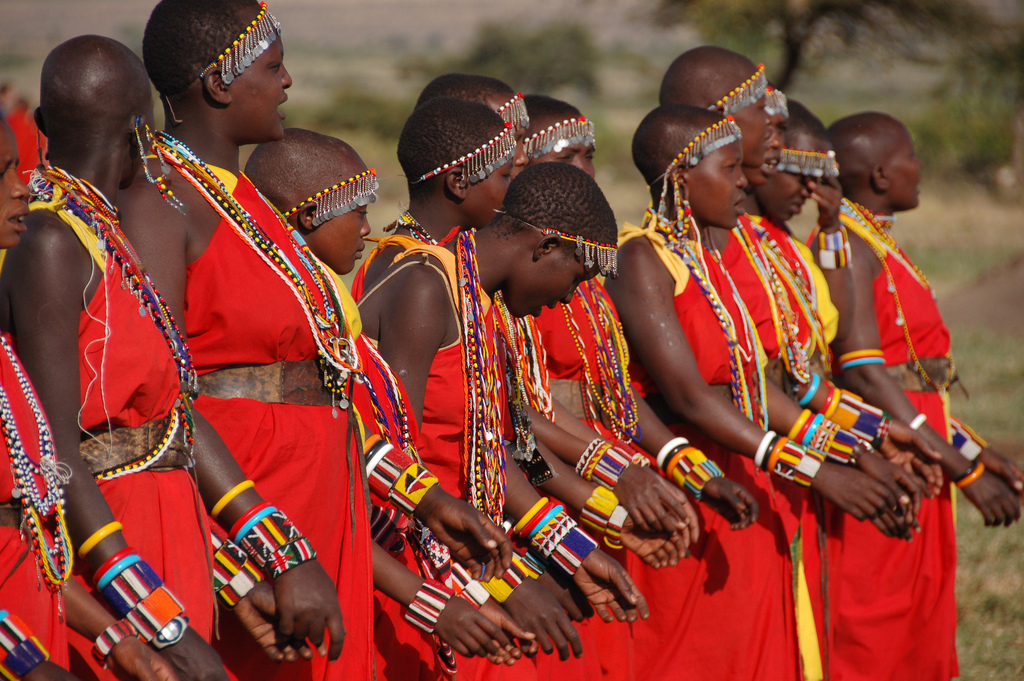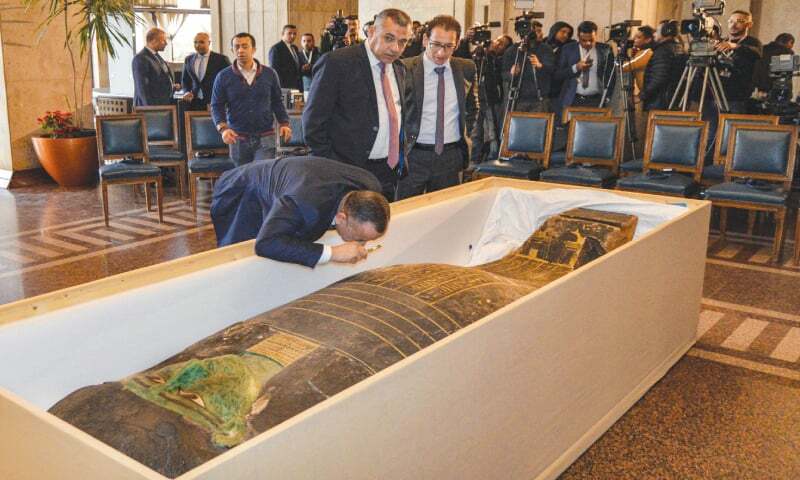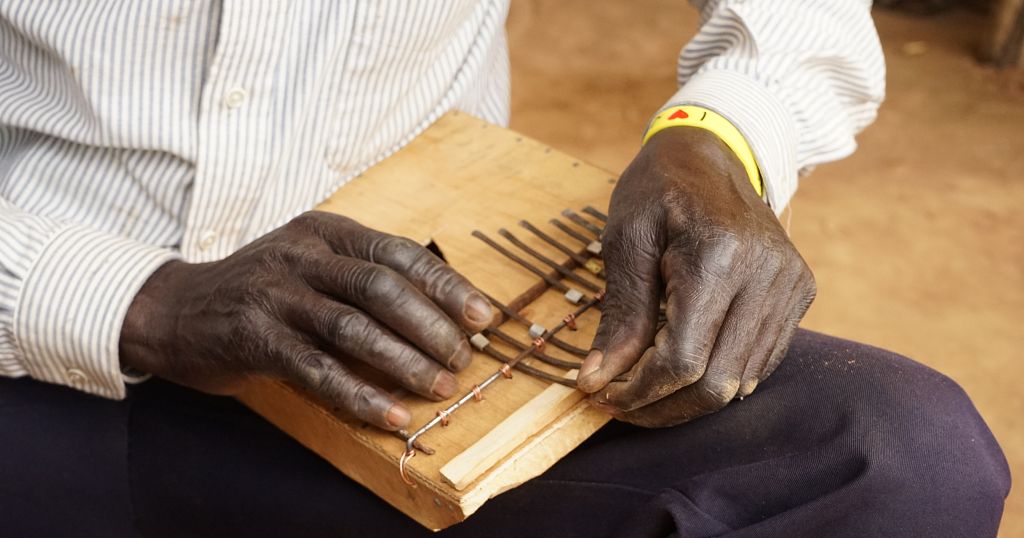by Taedzwa Chikono
Africa is a diverse and vibrant continent with a rich cultural heritage that has shaped the identity and traditions of its people. From music and dance to art and literature, African culture is a source of pride and inspiration for the continent’s people.
However, in recent years, Africa has faced a number of challenges that have threatened its cultural heritage. Rapid modernization, globalization, and economic development have led to the erosion of traditional ways of life and the loss of cultural practices.
To ensure a prosperous future for Africa, it is essential that the continent’s cultural heritage is safeguarded and preserved. This can be achieved through a number of measures, including:
Promoting education and awareness about African culture: By educating people about the importance of preserving African culture, we can encourage a greater appreciation and understanding of the continent’s rich cultural heritage. This can be done through cultural festivals, museum exhibits, and other public events.
Protecting cultural sites and landmarks: Many of Africa’s cultural sites and landmarks are under threat due to development and other factors. By protecting these sites, we can help preserve the cultural traditions and practices that are associated with them.
Supporting traditional arts and crafts: Traditional arts and crafts are an important part of African culture, and they provide a source of income and employment for many people. By supporting these industries, we can help preserve and promote African culture.
Encouraging cultural exchange and dialogue: Cultural exchange and dialogue can help to foster a greater understanding and appreciation of different cultures. By promoting cultural exchange and dialogue, we can help to preserve Africa’s cultural heritage and build stronger connections between people from different parts of the continent.
Protecting indigenous languages: Many of Africa’s indigenous languages are at risk of extinction due to the increasing dominance of major international languages. By protecting and promoting indigenous languages, we can help to preserve a vital aspect of African culture and ensure that it is passed down to future generations.
Supporting traditional forms of governance: Many African cultures have traditional forms of governance that have played a key role in preserving and promoting cultural traditions. By supporting these traditional forms of governance, we can help to ensure that African culture remains an important part of the continent’s future.
Promoting cultural tourism: Cultural tourism can be a powerful tool for preserving and promoting African culture. By developing cultural tourism initiatives, we can help to create economic opportunities for local communities while also giving people from around the world the opportunity to learn about and experience African culture.
Encouraging the use of traditional media: Traditional media, such as oral storytelling and traditional music and dance, can be a powerful way to preserve and promote African culture. By encouraging the use of traditional media, we can help to keep these cultural practices alive and relevant to future generations.
Investing in cultural preservation efforts: Finally, it is important to invest in efforts to preserve and promote African culture. This can include funding for research and documentation of cultural practices, as well as the development of initiatives to support traditional arts and crafts industries. By investing in cultural preservation efforts, we can ensure that African culture remains a vital and vibrant part of the continent’s future.
Here are a few examples of case studies that demonstrate how Africa’s cultural heritage is being safeguarded and preserved:
The Maasai Mara National Reserve in Kenya: The Maasai Mara National Reserve is home to the Maasai people, who have a rich cultural heritage that includes traditional forms of governance, music, dance, and art. To protect this cultural heritage, the Maasai Mara National Reserve has established programs to support traditional Maasai arts and crafts, as well as initiatives to promote cultural tourism. These efforts have helped to create economic opportunities for the Maasai community while also helping to preserve their cultural traditions.
The Zanzibar Stone Town World Heritage Site in Tanzania: The Zanzibar Stone Town is a UNESCO World Heritage Site that is home to a number of cultural landmarks, including the Old Fort and the House of Wonders Museum. To protect these cultural sites, the government of Zanzibar has established a number of initiatives to preserve the Stone Town’s cultural heritage. This includes the restoration of historic buildings, the development of cultural tourism initiatives, and the establishment of educational programs to promote awareness of the Stone Town’s cultural significance.
The Culture and Development Foundation in Burkina Faso: The Culture and Development Foundation is a nonprofit organization that works to preserve and promote the cultural heritage of Burkina Faso. The Foundation has developed a number of initiatives to support traditional arts and crafts industries, including the establishment of artisan training centers and the promotion of cultural tourism. These efforts have helped to create economic opportunities for local communities while also helping to preserve and promote Burkina Faso’s cultural heritage.
The Department of Arts and Culture in South Africa: The Department of Arts and Culture in South Africa is responsible for preserving and promoting the country’s cultural heritage. To achieve this, the department has established a number of initiatives, including the development of cultural tourism initiatives, the support of traditional arts and crafts industries, and the protection of cultural sites and landmarks. These efforts have helped to preserve and promote South Africa’s cultural heritage, and have contributed to the country’s economic development.
In conclusion, safeguarding Africa’s cultural heritage is essential for the continent’s future prosperity. By promoting education and awareness, protecting cultural sites and landmarks, supporting traditional arts and crafts, and encouraging cultural exchange and dialogue, we can help to preserve and promote African culture for generations to come.



